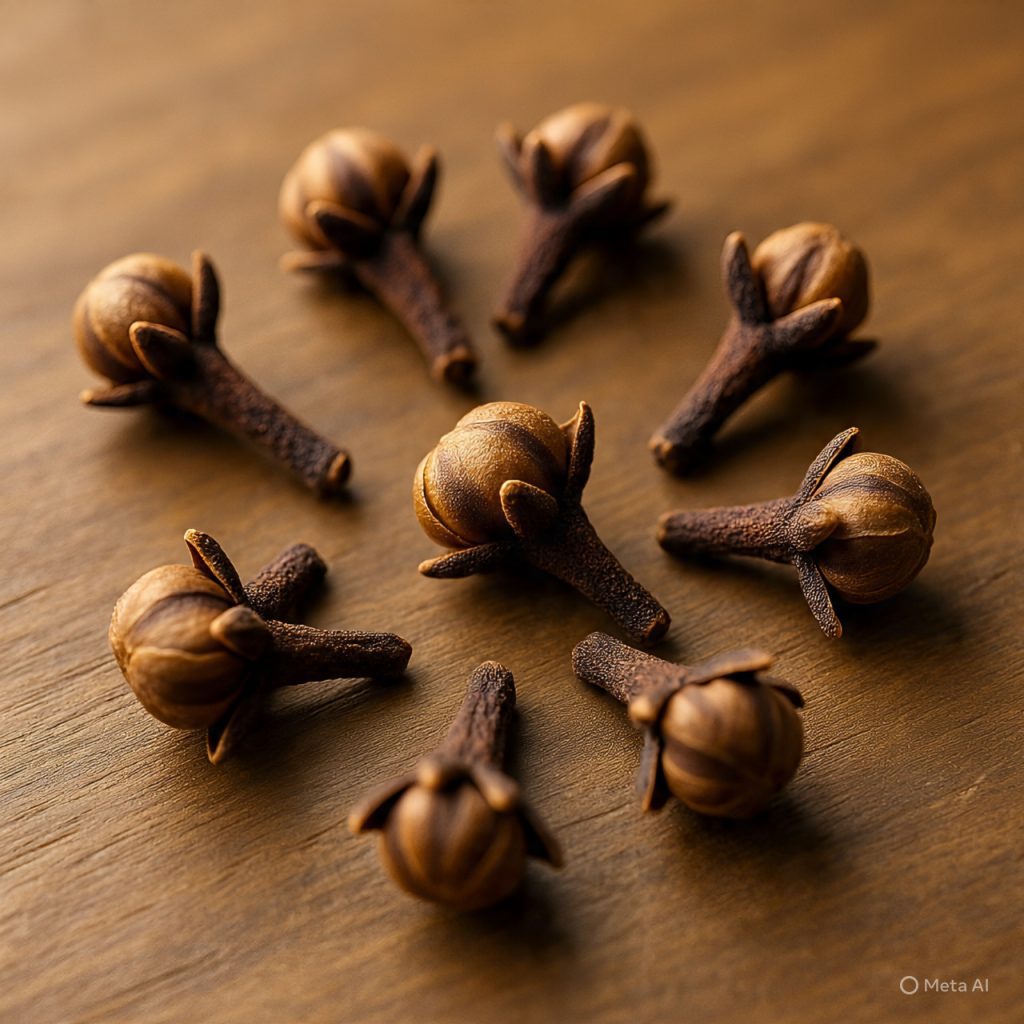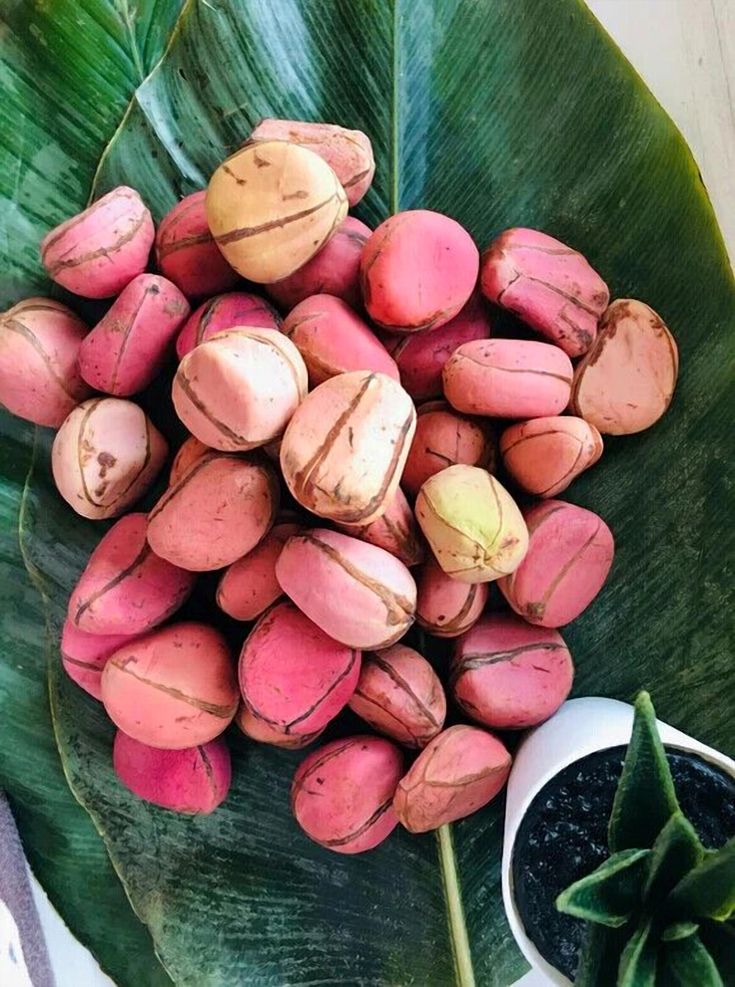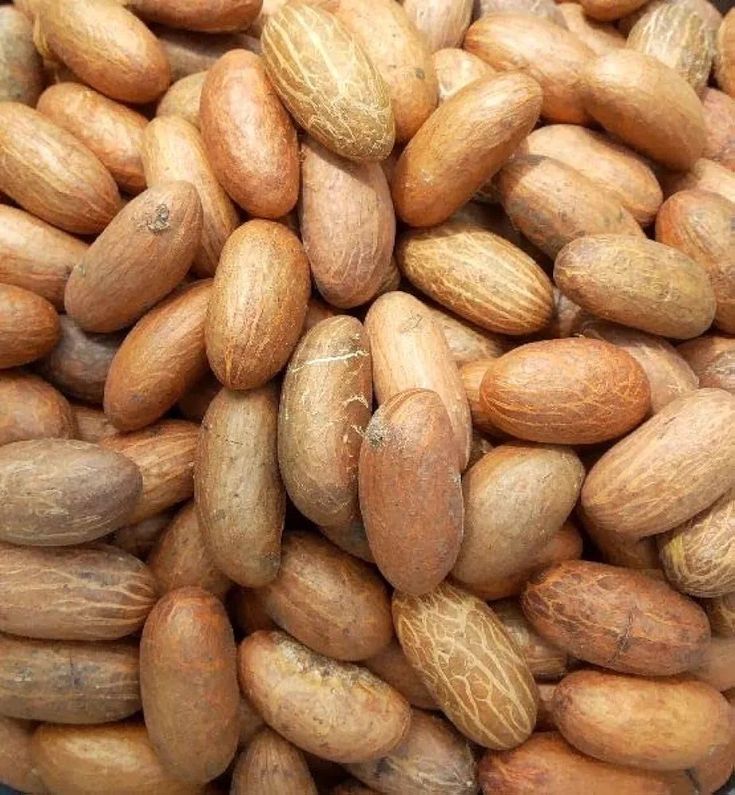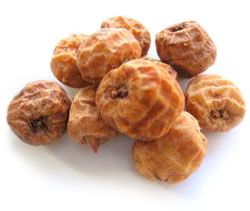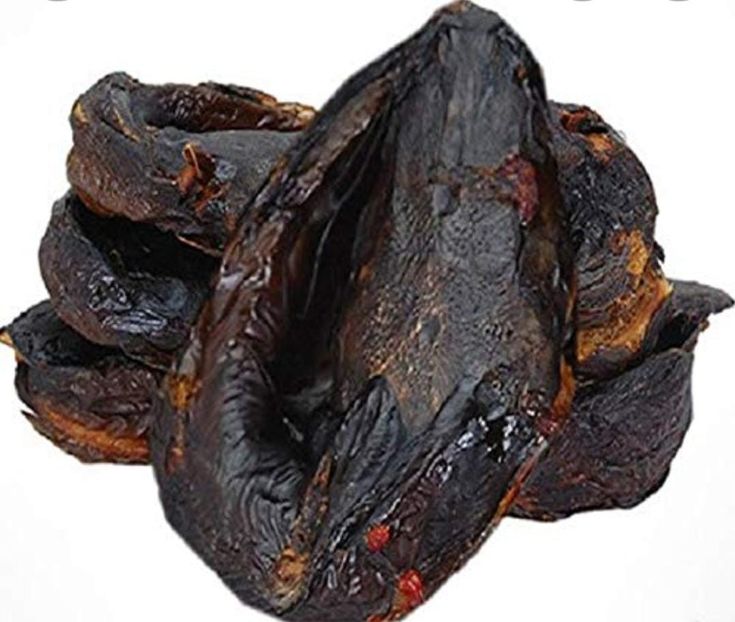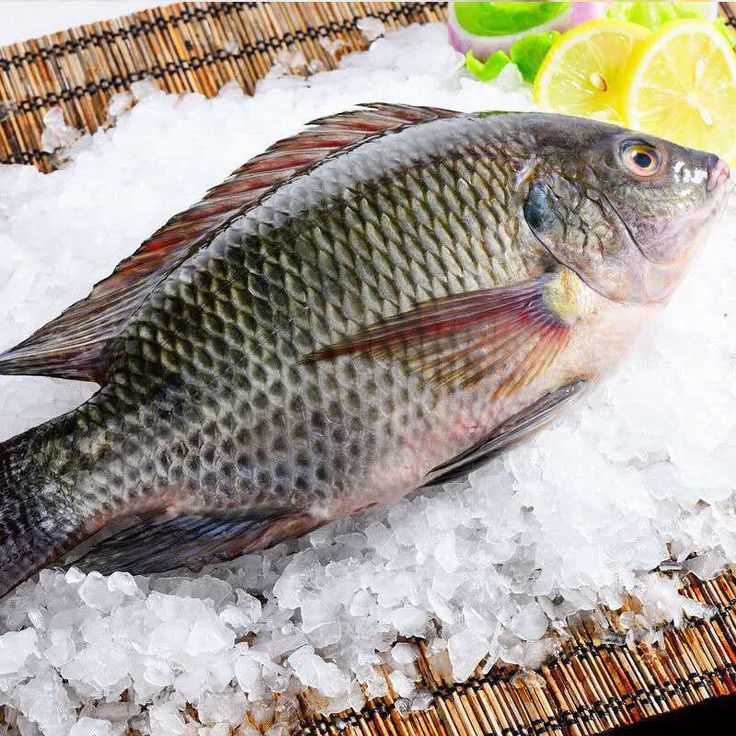What It Is
Clove is the aromatic flower bud of a tree in the family Myrtaceae, Syzygium aromaticum. Native to Indonesia, it is widely used as a spice in cuisines around the world, known for its intense flavor and fragrance.
In Nigeria, cloves are cultivated in small to medium-scale farms, especially in the southern and middle-belt regions, including Cross River, Akwa Ibom, and parts of Kogi State.
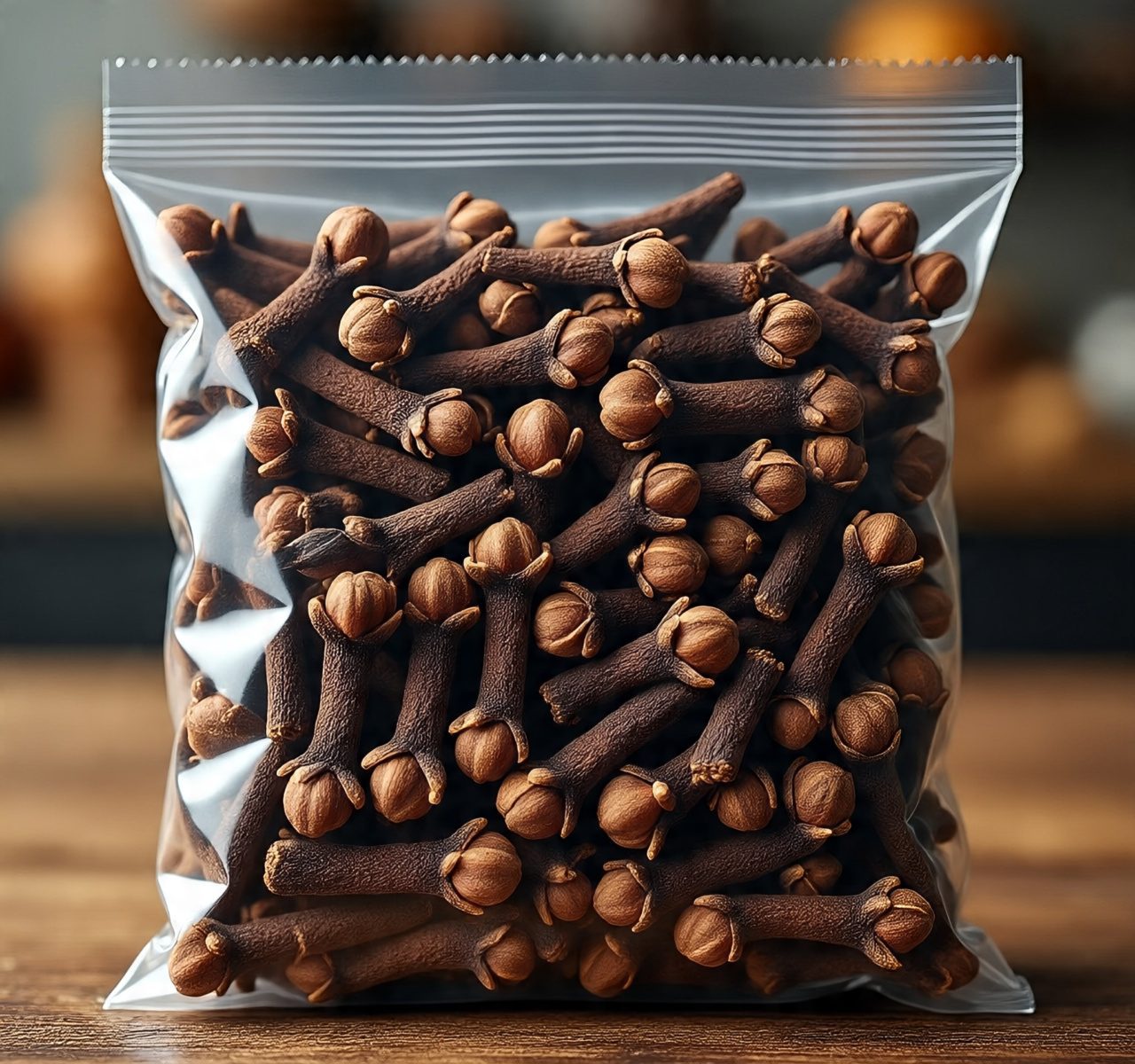
Export Forms
-
Whole dried cloves (hand-picked or machine-cleaned)
-
Clove powder
-
Clove oil (for industrial uses)
Packaging for Export
-
25 kg or 50 kg polypropylene bags (lined with polythene to maintain aroma)
-
Vacuum-sealed food-grade pouches for powdered form
-
Drums or jerry cans for clove oil
All packages should be well-sealed, properly labeled with origin, batch number, grade, and net weight, and comply with international phytosanitary standards.
Uses
-
Food industry: As a spice in cooking, baking, beverages (e.g. tea, mulled wine)
-
Pharmaceuticals: Used for its analgesic, antiseptic, and antimicrobial properties (especially in dental care)
-
Cosmetics: As a key ingredient in perfumery and skincare products
-
Essential oils: For therapeutic and aromatherapy applications
-
Traditional medicine: Used in herbal remedies
Target Markets
-
Europe: United Kingdom, Germany, Netherlands, Spain
-
Asia: India, Pakistan, Malaysia, UAE
-
North America: United States, Canada
-
Africa: South Africa, Ghana, Kenya
HS Code for Cloves
-
0907.10 – Whole cloves
-
0907.20 – Ground or crushed cloves
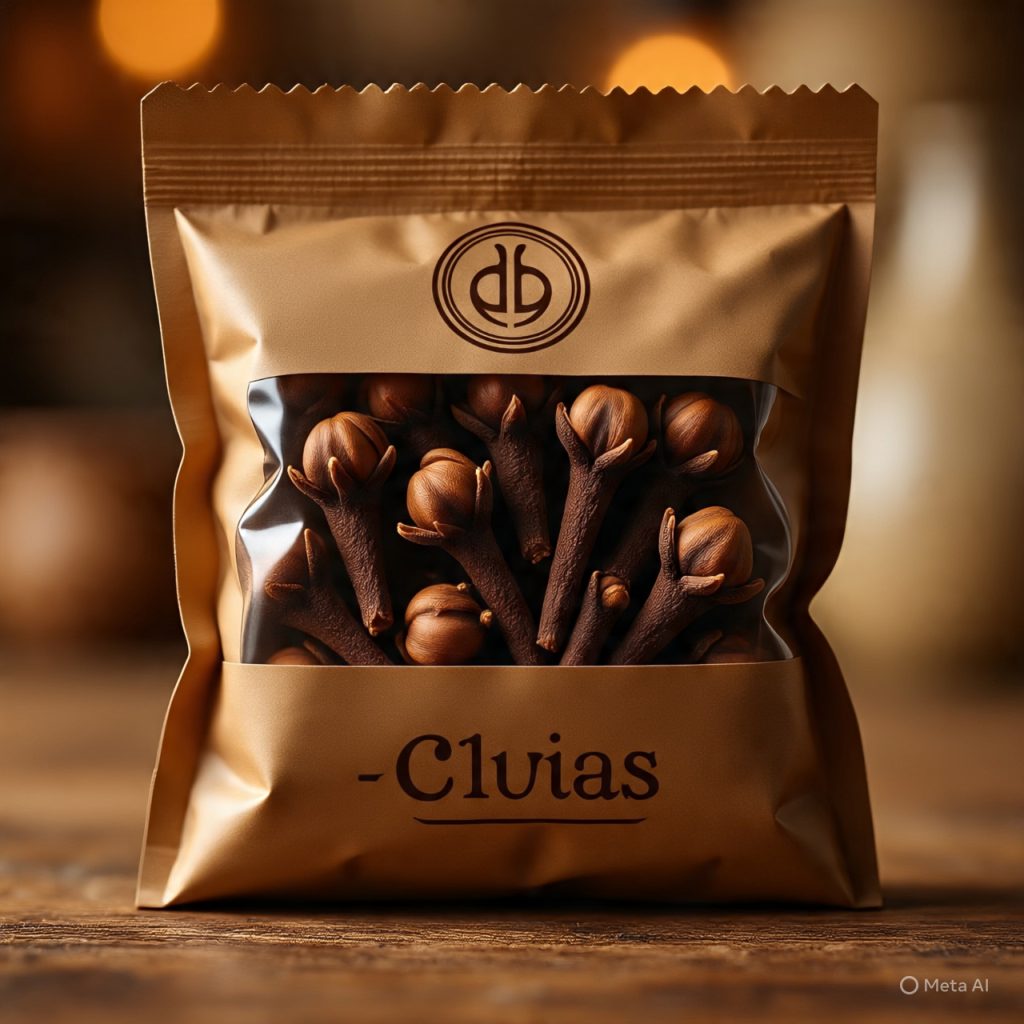
Export Requirements
-
Business Registration (CAC in Nigeria)
-
Export License – From NEPC (Nigerian Export Promotion Council)
-
Quality Control Certification – NAFDAC or SON for food-grade products
-
Phytosanitary Certificate – From Nigeria Agricultural Quarantine Service (NAQS)
-
Certificate of Origin
-
Proper Documentation – Commercial Invoice, Packing List, Bill of Lading, etc.
Tips for Exporters
-
Source only mature, fully dried, hand-picked cloves to meet export standards.
-
Ensure low moisture content (< 12%) to prevent mold and deterioration.
-
Avoid smoky or dusty drying methods to maintain the product’s natural aroma.
-
Partner with freight forwarders experienced in agricultural exports.

